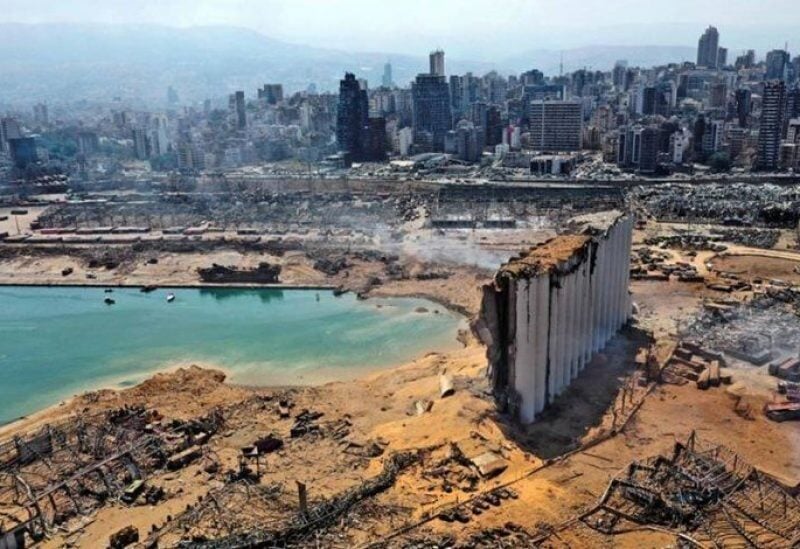
Port of Beirut
By Bahaa Hariri
In recent days, a lot has been said about the rights and wrongs of Britain’s foreign aid spending cuts. As I am not a British citizen, it is not my place to lecture you or your Government on how or where you choose to spend your money. All I can do is shed some light on the real-world impacts such a decision will have on my home country of Lebanon.
First, I must begin by admitting that Lebanon’s current situation is in no way the fault of the British government or its foreign policy. In Lebanon, we have suffered and continue to suffer from a political establishment paralysed by a crisis primarily of its own making. For not only has Lebanon, like everyone else, suffered as a result of Covid-19, but the government has compounded this disaster with ones of its own making.
During the first wave of the pandemic, the full force of Lebanon’s political ineptitude was on display, resulting in the tragedy that unfolded at the port of Beirut. In a series of events that I still struggle to comprehend, a vast quantity of ammonium nitrate was allowed to sit unshielded in an open warehouse until a freak fire caused its inevitable explosion. The economic damages have been significant, yet pale in comparison to the incalculable human costs of this crime, which resulted in 207 of my countrymen needlessly perishing. This travesty was an act of national self-harm entirely caused by a political class no longer interested in, or capable of, serving the Lebanese people.
It is not lost on me, and should not be lost on anyone interested in Lebanon, that control of the port was arbitrarily handed to Hezbollah under the sectarian power-sharing agreement that continues to dictate Lebanese politics today.
Be under no illusion, the sectarian power-sharing agreement really does dictate every facet of Lebanese political life. It is precisely because of this arbitrary and outdated system, that Lebanon has come to be beholden to the terrorist organisation Hezbollah. And how, despite facing total economic ruin, our politicians have repeatedly failed to enact anything remotely resembling the imperative reforms that the IMF and other international donors have demanded in order to provide Lebanon with the economic life support it so desperately needs.
So while its politicians remain mired in squabbling, the Lebanese people are faced with an unprecedented economic crisis, the country’s largest port out of action, and needing billions simply to restore downtown Beirut – all on top of the impact of the Covid-19 pandemic. We arrive at the decision the British Government took yesterday to proceed with a £4bn cut to the overseas aid budget.
It has been reported that such a reduction would result in British aid to Lebanon falling by 88%. Despite other nations stepping in, it is highly unlikely that such a shortfall can be made up elsewhere, especially given the economic impacts of Covid-19 upon even our most generous allies. A recent World Bank Report into Lebanon’s economic crisis stated it to be one of the worst in modern times, ranking among the world’s top 10 crises since the 19th century. Whilst hyperinflation is sending the prices of the most basic essentials soaring, half of Lebanon’s population now lives below the national poverty line, with World Bank surveys revealing 41% of households are struggling to access food and other basics needed to survive.
There are no jobs for Lebanese workers, no fuel at the gas stations and no food to put on the table. Children are going hungry while the pandemic continues to threaten the population. But most distressingly, there is simply no end in sight, not without a government to implement concrete policies that will ease the pain.
capx.co